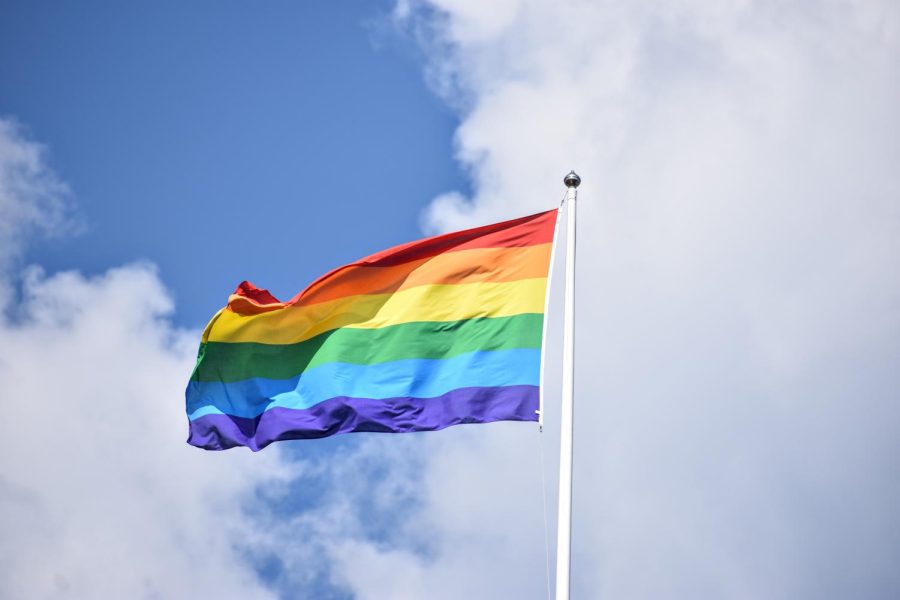Schools lack sexual education for many LGBTQ+ communities
UNSPLASH PHOTO COURTESY OF Rob Maxwell
Due to many budget cuts to sexual education in schools the LGBTQ+ community is lacking information and turn to the internet to find information out. https://unsplash.com/license
November 23, 2022
Sexual education has long been an “off-limits” subject in the United States, shrouded in stigma and humor.
Regardless, according to Planned ParentHood, 96 percent of parents support sex education being taught in schools, but substantial cuts are being made to the subject matter of these classes. Sex education classes taught to promote diversity and growth are now lacking a well-rounded curriculum, specifically LGBTQ+ knowledge.
Gay-Straight Alliance (GSA) Club Co-President and junior Molly Deming of Red Bank believes that heteronormativity in sexual education is detrimental to future generations.
“I think the dangers of not teaching sex ed are not only in a medical sense – not understanding STI’s and transferral – but also understanding consent and bodily autonomy,” Deming said. “It’s so much more than learning about sex, it’s learning about abortion, rape and consent.”
Without accurate education in a classroom, students are left to use the internet to answer their personal-health questions. This often leads students to feel uncomfortable about asking questions when web-browser search history is involved, or, in some cases, being directed to websites providing false information.
Fumble, a United Kingdom (UK) sex education charity, surveyed 200 young people aged between 11 and 25 living in the UK about their experiences of looking for sex education online and the changes they want to see.
The survey found that 68% of young people go online for sex education to find answers in private. 79% reported that not knowing what content is reliable or safe impacted them a lot or some of the time.
Health and fitness teacher Jennifer Baldaccini thinks that the most helpful part of her sophomore sex education class is the interpersonal nature of the classroom.
“They giggle when I pass out a silicone boob that has lumps in it so that you can feel what it feels like,” Baldaccini said. “But nobody’s Googling that. You’re Googling other things about sex ed, not what we’re teaching, and I think that that’s where parents get scared.”
Although many people feel as though it is important to have a teacher- to-student connection while teaching about sex health, others feel as though the classroom is the last place that should talk about sex.
For example, the Texas GOP’s official 2022 platform released that it would ban “teaching of sex education, sexual health, or sexual choice or identity in any public school” and enforce policies embraced by anti- abortion and anti-LGBTQ movements, according to The 19th News.
While some may think that sexual education, specifically LGBTQ+ education, is harmful to teenagers, GSA Co-President and senior Blu Gaines of Shrewsbury reckons that it is because new generations are taking power away from people trying to hold them down.
“They’re scared of change,” Gaines said. “They see the increase in queer youth as a mass brainwashing rather than the effect of the negative stigmas surrounding queerness being faded out of the youth.”





